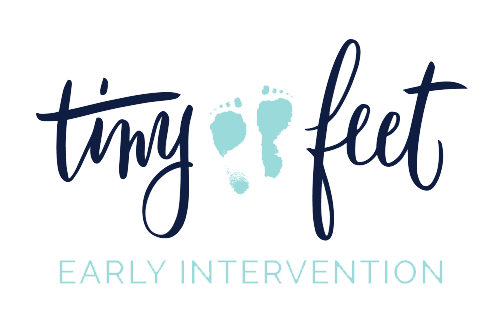"My child qualifies for Early Intervention services. What does that mean?"
Early Intervention is really a two part service including Special Instruction & Service Coordination. If someone asks me what Early Intervention is or what an Early Interventionist does, my one sentence explanation is-
We equip parents with strategies and services in order to help children meet developmental goals.
Special Instruction is a time where your Early Interventionist will share research-based strategies with you to help your child meet developmental goals. Lets pick this apart a bit more-
- Special Instruction, also known as Family Training. You may hear both terms, but they're the same thing.
- Time: Special Instruction is provided four times a month, for an hour each time.
- Research-based activities: So much of what we do will look like play first glance. However, all of our activities are based on research. Your Early Interventionist is there to teach you the most effective means of accomplishing goals. We'll share the research with you and teach you the benefits!
- Goals: Much more on this later, but... You select the goals for your child. We are here to teach you what skills come next developmentally, but you choose the specific goals based on the concerns you have for your child.
Service Coordination is when your Early Interventionist connects you with services that meet the needs of your family and your child. What types of services might your Early Interventionist help you get connected with?
- BabyNet 16 Services such as speech therapy, occupational therapy, etc. (look for future blog post!)
- Medicaid, TEFRA
- Housinge
- Autism Testing
- ABA Therapy
- Parent Support (i.e. Family Connections)
- Head Start, Early Head Start, Private Preschool
- Transition to the School District at age 3









